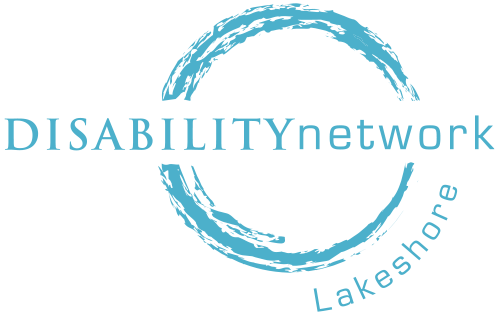Veteran Scams
Unfortunately, being a veteran does not exclude you from being the target of a scam. Apparently, there is no honor among thieves as the AARP Fraud Network announces that “1 in 3 current or former military personnel have been targeted by disability-benefit scams.” Veterans, active-duty service members, and their families are 40% more likely to lose money by a scam than their civilian counterparts.
According to the AARP’s Watchdog Alert Handbook, Veterans Edition, “Veterans and military losses more than doubled in one year to $267 million in 2021 from $102 million in 2020. Their median fraud loss per incident was $600 in 2021 — $100 higher per scam than all consumers.” One of the reasons criminals are so successful in their scams is that they use military jargon and specific military guidelines to develop their pitch, so they sound legitimate.
Pension Poaching is a scam targeting veterans where the caller promises to help increase retirement funds or obtain additional benefits from the VA. If someone offers to do this for you, check the VA’s database or call 855-578-5492 to see if that person is VA-accredited and has the required training to complete and submit claims.
Benefits Buyouts involve offers to purchase your benefits in one lump sum…but then you never receive the lump-sum payment or it’s only a fraction of the value of your benefits.
The Records Scheme involves charging you to access or update your DD 214. By law, this service is free and you should never have to pay for it.
There are also health care scams where you are offered medical equipment that never arrives but allows the caller to obtain your personal information and steal your ID.
The G.I. Bill Education Marketing Scam involves marketing practices that direct you to expensive for-profit educational institutions. The VA offers a comparison tool to help you locate a school and determine your benefits: VA.gov/education.
Rx Drug Assistance scams involve offers of prescription drugs at discounted prices…but you never receive the drugs, and the scammers have your personal information and are able to steal your identity. You also don’t know exactly what is in the medications you are sent if they do arrive.
VA Phishing works by having a caller claim to be a VA Representative needing your personal information to update records. If you get a call asking for information, hang up and call the VA at 800-MyVA 411 (800-698-2411).
There are many more ways you can be scammed out of your benefits. For more information, check out AARP’s Watchdog Alert Handbook: Veterans Edition.

